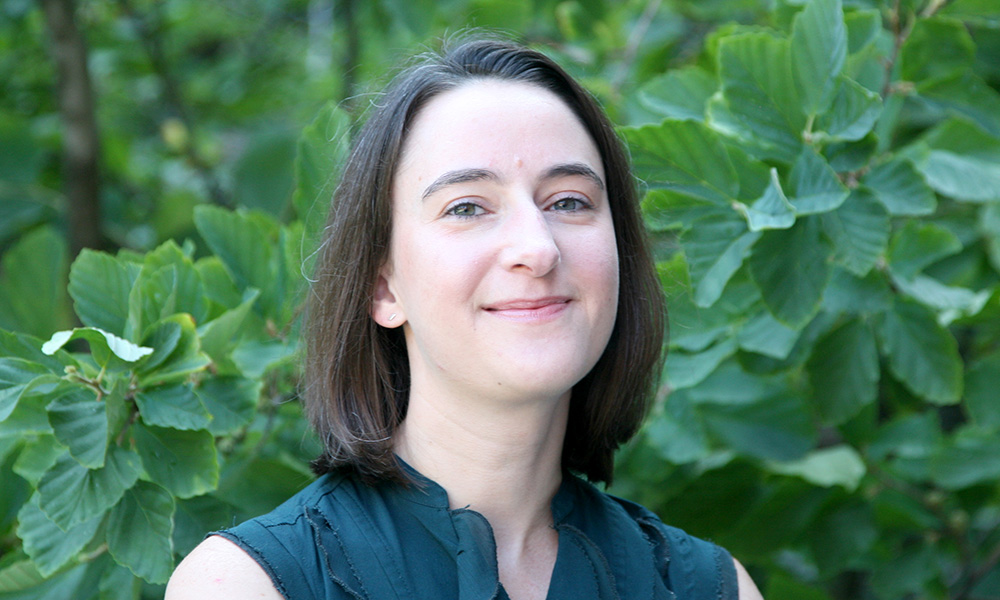MCB faculty Amanda Whipple has been chosen by the Rita Allen Foundation as one of five Rita Allen Scholars in the Class of 2020 and the sole recipient of the 2020 Milton E. Cassel Scholarship. Each Rita Allen scholar receives $500,000 over five years, and each Milton Cassel scholar receives an additional $50,000 over the five years.
“I feel honored to be a recipient of the Rita Allen Foundation Scholars Award and—to be named the Milton E. Cassel Scholar on top of that—I’m ecstatic!” Whipple says.
The Rita Allen and Milton E. Cassel Scholarships provide funding to early career primary investigators whose approaches show potential for innovation in advancing human health. Past Rita Allen Scholars from MCB include Briana Burton, who also received the Milton E. Cassel Award, in 2011 and Tom Maniatis in 1978.
The scholarships are named for theatrical producer and philanthropist Rita Allen Cassel, who established the Rita Allen Foundation in 1953, and her husband Milton E. Cassel, who served as the foundation’s president for many years after her death.
“Rita Allen Scholars are early-career researchers (meaning new faculty) in the process of establishing their labs and pursuing their boldest experimental ideas,” Whipple says. “These high-risk/high-reward projects are frequently difficult to fund through traditional funding opportunities prior to completion of key proof-of-concept experiments.”
In a statement for the Rita Allen Foundation, Whipple added that her experience working on imprinted RNA in industry has influenced her lab’s choice of topic. “There I leveraged basic research findings to develop a therapy for an imprinted disorder, Angelman syndrome, which is now entering the clinic,” she says. “During my time in industry, I experienced first-hand the true value of basic, academic research and its potential to transform human health. I also began to recognize that one must first learn how the brain works in order to recognize the ways in which it can break and how to repair it.”
The stipends from the foundation will support the Whipple Lab’s efforts to understand imprinted genes by applying high-throughput techniques. “This funding will be used to broadly support our efforts to determine how genes inherited from one’s mother have a different effect on the brain than genes inherited from one’s father,” she says.
“These awards are never the result of achievement by a single individual, but as an accumulation of efforts by previous mentors, current lab members, and supportive departmental colleagues,” Whipple says, adding that people who are interested in her lab’s work can find out more by perusing their site. “Receiving this award is not the end; it’s just the beginning.”
by Diana Crow


